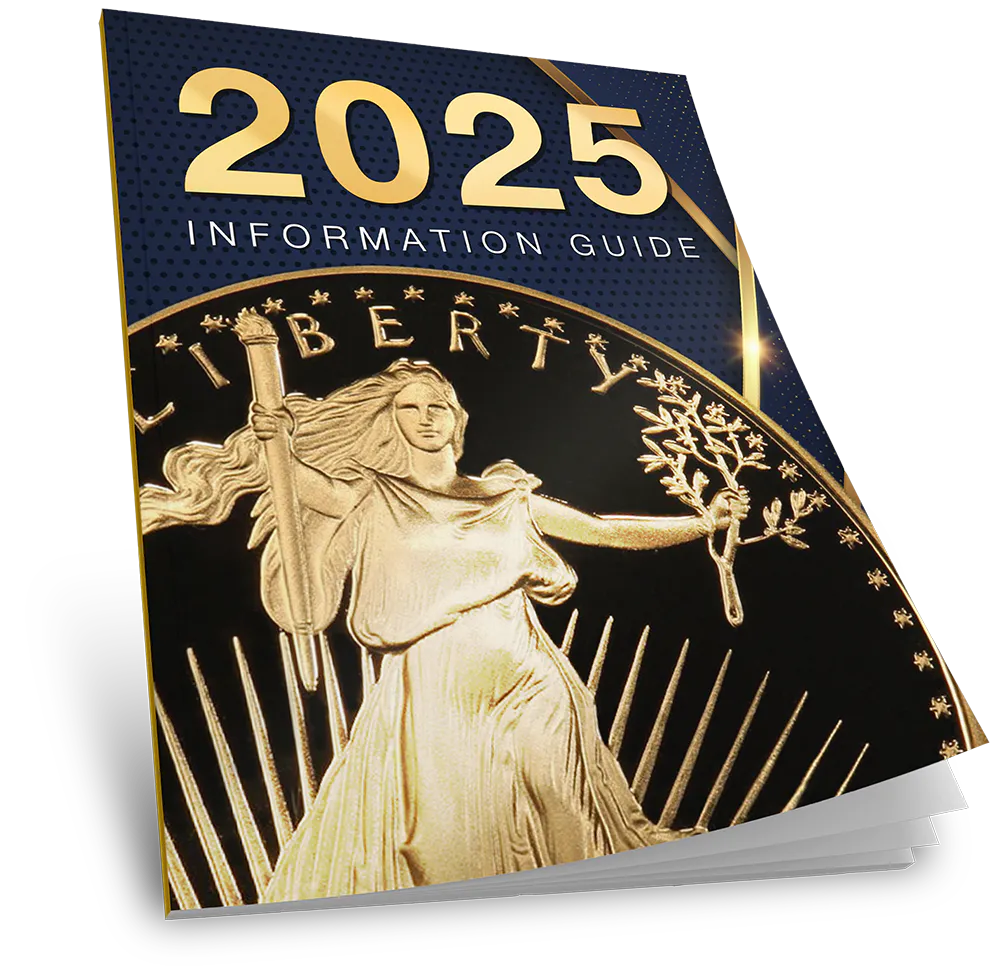Former U.S. Treasury Secretary Larry Summers made waves last week with an pronouncement heard across the world: he believes that large denomination bills should be phased out permanently.
In his words: “It’s time to kill the $100 bill.”
The reason? These paper instruments allow for anonymous transactions that can’t be tracked by government authorities. In his mind, only “bad guys” want to use cash.
His is not a voice to be ignored: in 2013, Summers was almost named Chairman of the Federal Reserve. He is also former chief economist of the World Bank. With him and other powerfully-connected people pushing this idea, it could just become a reality.
I don’t know how that makes you feel, but as a law-abiding, privacy-aware citizen this idea makes me extremely concerned. If you feel that the government has no right to snoop into how you use your own money, then you should be looking into alternatives right away.
One more reason why owning gold and silver makes a lot of sense.
Gold doesn’t require a government entity to issue it or endorse it. It has held value since the earliest days of human history and transcends the whims of former U.S. Treasury Secretaries.
If you consider how often the $100 bill is used for legitimate global financial transactions, it isn’t hard to see how gold and silver could soon see a sharp uptick in demand as its replacement.
I urge you to consider this before it is too late and call us at 800-462-0071 to learn more about your options.
Gold Sees Major Gains in February
As Clive Maund put it: “This has been a momentous month for gold, with it finally breaking out of its long downtrend to commence a major bull market.”
Gold closed up 9% for the month while silver rose 1%. Year to date, the story is even better: the gold market is now up more than 15% for the year and silver is up more than 6%.
Meanwhile, the Dow is down 4.5% so far in 2016.
UBS told investors to sell stocks and to buy gold at the beginning of the year: a trade that is clearly working.
Deutsche Bank also recently went public with a bullish call on gold, citing economic uncertainty and their belief that inflation is on the rise.
Gold Has Appeal Beyond Price Appreciation
Gold is not only rising in price: there is also evidence that its monetary role has been expanding.
For example, an Oklahoma bill is under consideration to create a gold and silver bullion depository to house the state’s gold and silver bullion reserves. Citizens would be able to deposit gold and silver and write checks against their deposits, thereby making it easier to transact in gold and silver. This is not the first time we’ve seen such a bill move through a state legislature: a similar bill was passed in Texas.
These developments demonstrate growing awareness that physical gold and silver are highly-desirable, long-term stores of value.
Parallel developments are taking place in China. The Shanghai Gold Exchange already has the world’s largest physical gold exchange providing Chinese citizens with easy access to physical gold, and now China plans to start a Yuan-denominated gold fix. This will provide a more transparent market to Chinese physical gold investors and traders and facilitate direct Yuan-gold transactions.
Central banks have been taking gold’s monetary function more seriously of late: they have been net purchasers of gold over the past six years. A good example is the Dutch National Bank, which recently repatriated gold that it had previously held in New York. The reason? The Dutch want to diversify their counterparty risk.
Are you ready for the end of the $100 bill?
There are many long-standing reasons that investors hold physical gold, particularly during times of economic and geopolitical uncertainty. Privacy, wealth protection, diversification, ease of acquisition and transfer, and pure peace of mind.
Now you can add the looming elimination of high-denomination paper currency to the list.
DON’T WAIT FOR THE $100 BILL TO DISAPPEAR BEFORE YOU MAKE YOUR MOVE
In times like these, having a little gold or silver in the home safe is of considerable comfort to anyone, regardless of your exact view of the markets ahead, your political leanings or even your age.






